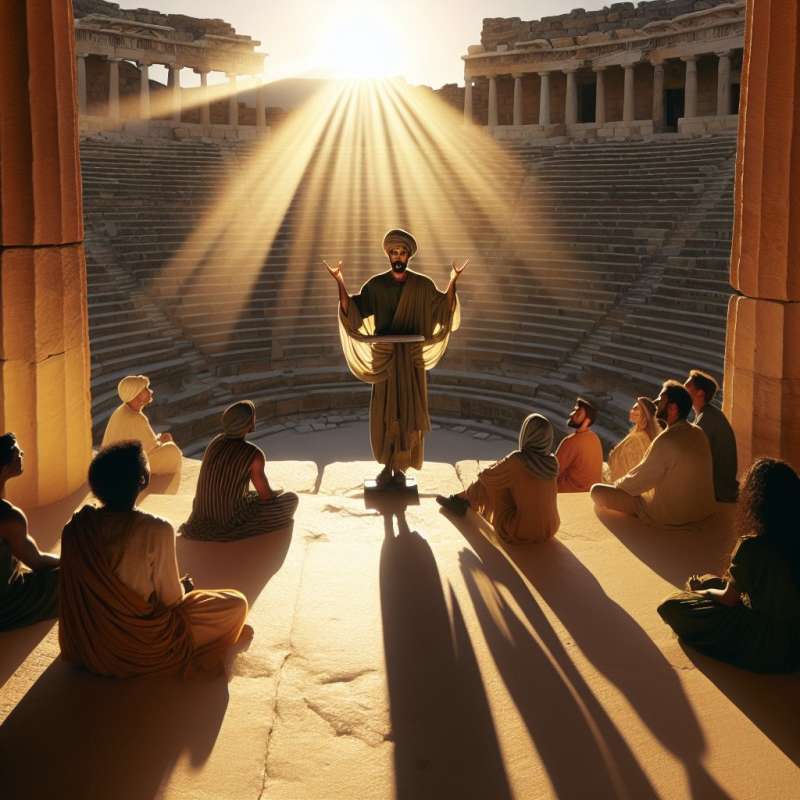
Folklore Definition
Folklore encompasses the traditions, stories, and culture passed through generations orally. It's not written but shared in communal settings, preserving cultural norms and values.
Oral Tradition's Importance
Oral traditions are crucial for societies lacking written language, allowing historical and cultural transmission. They also adapt with time, reflecting contemporary societal values.
Varieties of Folklore
Folklore includes myths, legends, folktales, and proverbs. Myths explain the universe's creation, legends often have historical roots, and folktales teach moral lessons.
Folklore's Social Function
Beyond entertainment, folklore enforces social norms, educates the young, and strengthens community identity. It can also serve as a form of resistance and empowerment.
Epic Tales
Epic tales, long narrative poems, often arise from oral traditions, telling heroic deeds. The Iliad and Odyssey, for example, were originally oral compositions.
Folklore in Modernity
Modern technology has changed folklore's transmission, but not its core purpose. Podcasts and online forums have become the new campfires for storytelling.
Endangered Oral Traditions
Globalization threatens many oral traditions, with languages dying daily. UNESCO's intangible cultural heritage list aims to preserve this fragile aspect of human culture.
What does folklore primarily preserve?
Written historical records
Cultural norms and values
Digital communication methods
Company